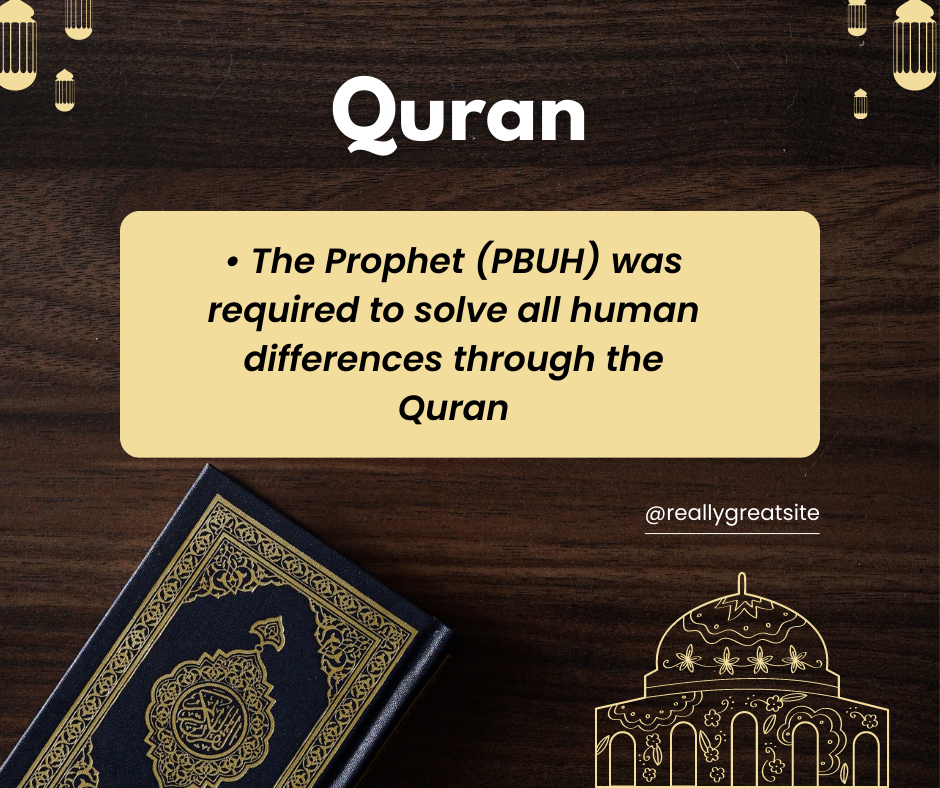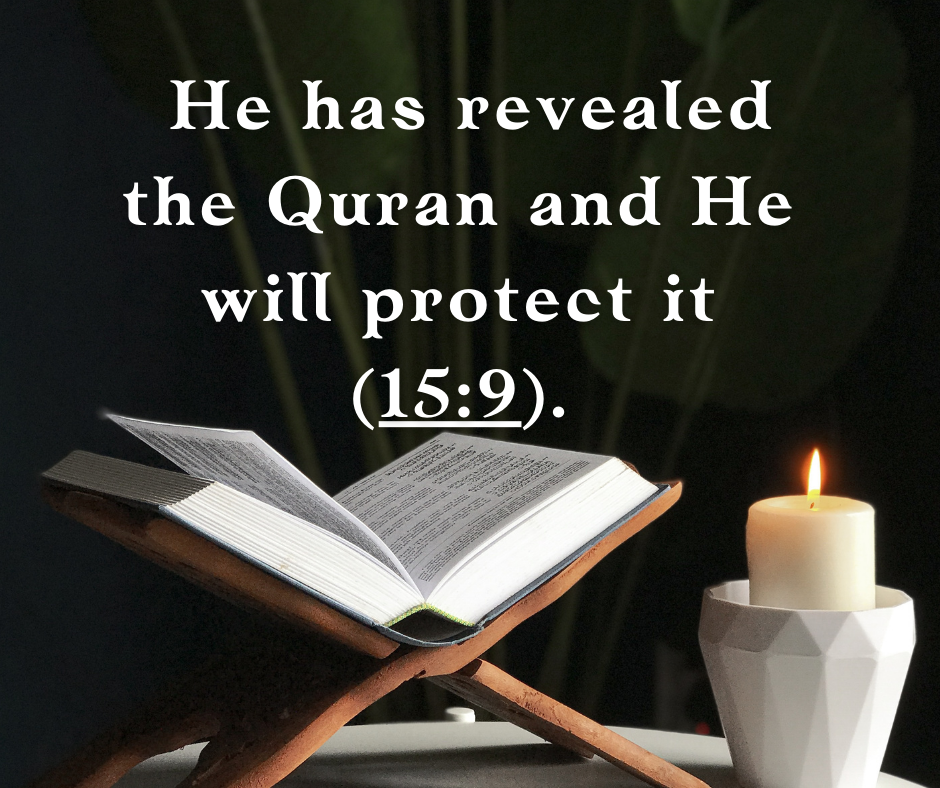
The Holy Book of Islam is known as the Quran, a magnificent and admired scripture that embodies the divine revelations granted by Allah (God) to the Prophet Muhammad (peace be upon him) over a period of approximately 23 years, starting in 610 CE. it is divided into chapters or surah and Quran contains 114 surah Surah is also divided into verses called Ayahs This miraculous book serves as the cornerstone of the Islamic faith, guiding the lives of over a billion believers across the globe with its profound wisdom, timeless teachings, and divine guidance.
The Holy Books Of Words Quran is derived from the Arabic word Qara which means “to read “or “to recite”.
The Quran, which translates to “recitation” in Arabic, is a literary masterpiece that transcends the boundaries of time and culture, offering insights into the human condition and providing a comprehensive framework for leading a life of virtue, piety, and compassion. Each verse, or ayah, carries a profound depth of meaning, urging believers to ponder upon its words and seek spiritual enlightenment.
Importance of Holy Book
Now we discuss a few Verse show the importance of the Holy Quran
the verse that showcases the Quran’s profound impact on human hearts and intellect is found in Surah Al-Qamar
“And We have certainly made the Quran easy to remember, so is there any who will remember?”
This verse illustrates the Quran’s miraculous attribute, its ease of memorization, and its call for individuals to ponder and reflect on its words. The Quran’s rhythmic cadence and profound message make it a beacon of solace and enlightenment for those who delve into the verse
Allah Says

Surah Al-Baqarah (2:256) offers a profound lesson in religious tolerance and freedom of choice:
“There shall be no compulsion in acceptance of the religion. The right course has become clear from the wrong. So whoever disbelieves in Taghut and believes in Allah has grasped the most trustworthy handhold with no break in it. And Allah is Hearing and Knowing.”
From the majestic beauty of the opening chapter, Al-Fatiha often referred to as “The Opening,” to the eloquent narratives of the stories of past prophets and nations, the Quran delivers a captivating tapestry of moral lessons and spiritual revelations. It implores mankind to reflect on the signs of the universe and recognize the magnificence of the Creator, and a deep sense of humility and gratitude.
Finally, Surah Al-Ankabut provides a profound reminder of the significance of the Quran in shaping a righteous life:
“And those who strive for Us – We will surely guide them to Our ways. And indeed, Allah is with the doers of good.”
This verse emphasizes the Quran’s transformative power for those who sincerely seek a path of righteousness. It encourages
Allah says
” He has revealed the Quran and He will protect it .”

One of the most important features of the Quran is its lexical excellence and poetic flow, captivating the hearts and minds of its readers, believers, and scholars alike. Its verses are written in classical Arabic, preserving the eloquence and power of the original text over the centuries. Muslims around the world strive to learn and recite the Quran in its original language, cherishing its linguistic beauty and profound meanings.
The Quran also addresses a wide array of aspects concerning human life, including personal ethics, family values, social justice, and governance. Its principles promote inclusivity, equality, and compassion, encouraging believers to act justly and engage in charitable deeds to benefit society as a whole.
As a timeless guidebook, the Quran inspires and resonates with individuals from diverse backgrounds and cultures, inviting them to embrace the path of righteousness and connect with the Divine. Its verses offer solace and guidance during hardships
Conclusion
, the Quran stands as the eternal and sacred scripture of Islam, a profound source of spiritual nourishment and a moral compass for believers across the globe. With its eloquence, depth, and universal relevance, this holy book remains an enduring testament to the beauty and wisdom of Islam, transcending time and touching the hearts of all who seek its divine truth.